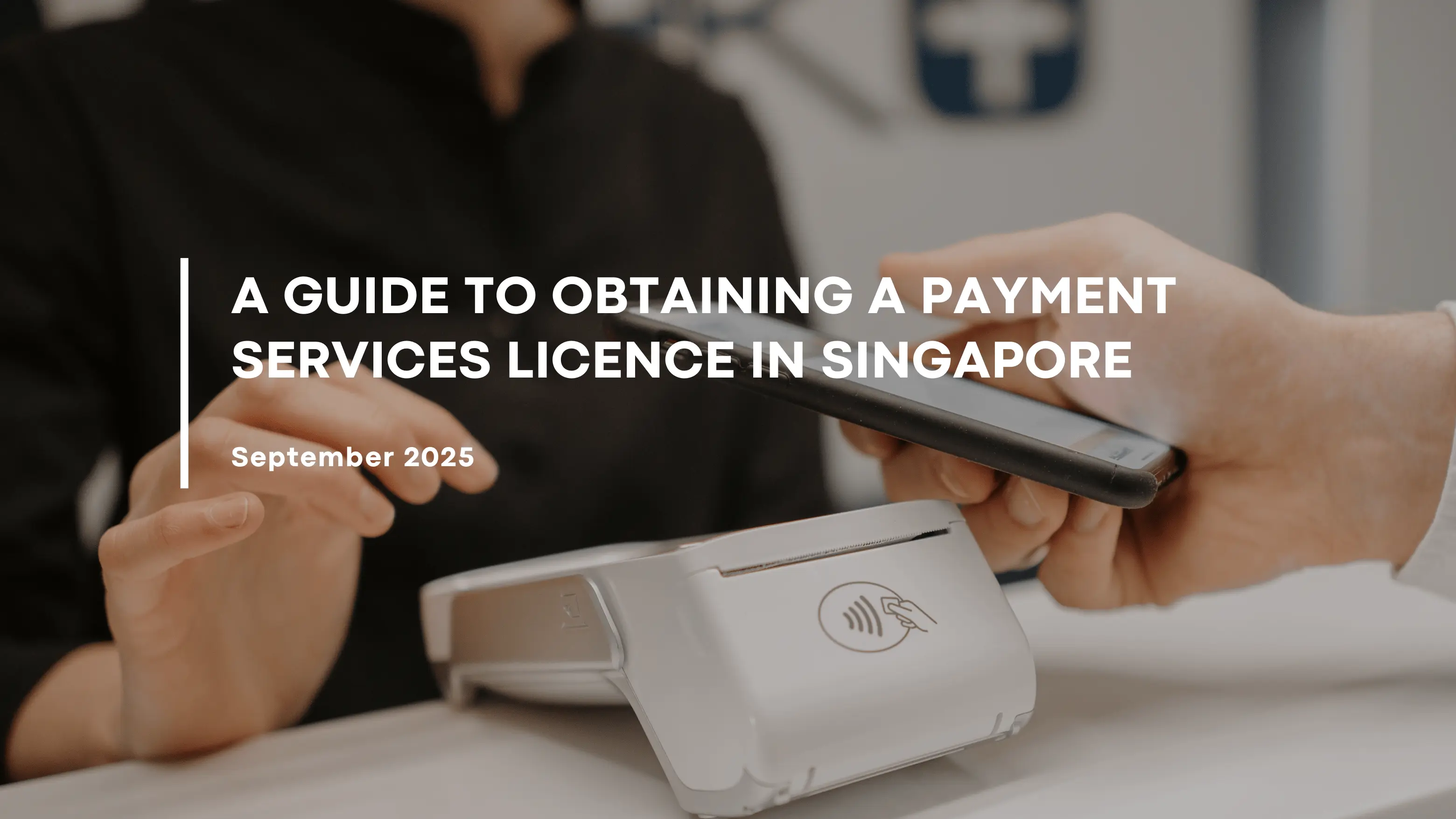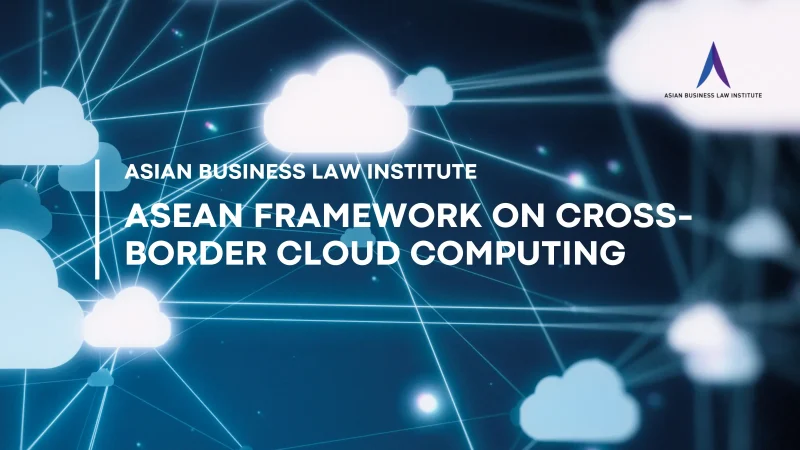A. Introduction
Singapore’s position as a global fintech hub is underpinned by a robust and forward-looking regulatory framework. The Payment Services Act (“Act”) governs the provision of digital payment services, ensuring security, stability, and consumer protection. For any entity looking to operate in this dynamic space, understanding the licensing requirements is the critical first step.
This article provides a comprehensive overview of the application process, types of licences, and key admission criteria set by the Monetary Authority of Singapore (MAS).
B. Payment Services Requiring a Licence
Under the Act, the following payment services are regulated and require a licence:
- Account Issuance Service: Issuing a payment account or providing any service related to its operation.
- Domestic Money Transfer Service: Transferring funds within Singapore.
- Cross-border Money Transfer Service: Transferring funds into or out of Singapore.
- Merchant Acquisition Service: Processing payment transactions and receipts on behalf of a merchant.
- E-money Issuance Service: Issuing electronic money.
- Digital Payment Token (DPT) Service: Buying, selling, or facilitating the exchange of cryptocurrencies and other digital payment tokens.
- Money-changing Service: Buying or selling foreign currency.
C. Types of Licences
An applicant must choose the licence that corresponds to its intended business scope and scale:
- Money-changing (MC) Licence: For entities that only intend to carry out money-changing services.
- Standard Payment Institution (SPI) Licence: For entities conducting one or more payment services (excluding standalone money-changing) that fall below specified transaction volume and value thresholds. This licence has lighter regulatory obligations.
- Major Payment Institution (MPI) Licence: For entities conducting payment services that exceed the SPI thresholds. An MPI licence is subject to the full suite of regulatory requirements, including base capital and security deposit obligations.
A licensee must apply to vary its licence if it intends to add or remove a payment service or change its licence type (e.g., from SPI to MPI).
D. Key Admission Criteria for a Licence
To be successful, an applicant must satisfy MAS that it can meet all obligations under the Act. The core admission criteria include:
1. Governance and Ownership Requirements
This is a fundamental requirement. The applicant must be registered with the Accounting and Corporate Regulatory Authority (ACRA) and comply with specific ownership structures based on its entity type. The requirements are detailed and stringent:
| Entity Type | Governance/Ownership Requirements |
|---|---|
| Sole-proprietor |
|
| Partnership or LLP |
|
| Singapore-owned Company |
|
| Foreign Subsidiary/Branch |
|
| Singapore-incorporated company |
|
| Singapore branch of a foreign corporation |
|
2. Competency of Key Individuals
The sole-proprietor, partners, executive directors, and CEO must possess sufficient experience in the payment services industry or related financial services areas.
3. Permanent Place of Business
The applicant must have a permanent place of business or a registered office in Singapore.
4. Financial Requirements
- Base Capital: SPI and MPI applicants must be familiar with and able to meet the prescribed base capital requirements.
- Security: MPI licence holders must provide a security deposit to MAS.
5. Operational & Compliance Arrangements
The applicant must have concrete plans for:
- Effective Compliance Arrangements to adhere to all PS Act rules.
- Technology Risk Management, especially if providing online financial services.
- Audit Arrangements, including plans for adequate independent audits and meeting annual audit requirements under Section 37 of the PS Act.
E. Application Process and Additional Requirements
1. Business Plan
The licence application must be supported by a detailed business plan outlining:
- Jurisdictions to be serviced;
- Profile of target clientele;
- Proposed products and services;
- Detailed funds flow plans and transaction process diagrams;
- Implementation plans. and
- Details if payment services are bundled with other products.
2. Mandatory Legal Opinion
- New Applications: All new SPI and MPI applicants must submit a legal opinion from a law firm experienced in the PS Act.
- Variation Applications: Existing licensees applying to add a DPT service must also submit a legal opinion with their variation application.
3. External Auditor’s Assessment (For DPT Services)
- New Applications: New applicants intending to provide DPT services must appoint an external auditor to perform an independent assessment of their AML/CFT and Consumer Protection policies and controls.
- Variation Applications: This requirement also applies to existing licensees varying their licence to add DPT services.
F. Conclusion
Navigating the Payment Services licence application process in Singapore requires meticulous preparation and a deep understanding of MAS’s regulatory expectations. The requirements are multifaceted, covering ownership structure, director eligibility, financial soundness, and robust 5 operational controls. Prospective applicants are strongly advised to engage early with legal and professional advisors who specialize in Singapore’s fintech regulatory landscape to ensure a complete and compliant application.
© PDLegal LLC
This article is intended to provide general information only and does not constitute legal advice. It should not be used as a substitute for professional legal consultation. We recommend seeking legal advice before making any decisions based on the information available in this article. PDLegal fully disclaims responsibility for any loss or damage which may result from relying on this article.
Further information
Should you have any questions on how this article may affect you or your business, please get in touch with the following persons:

